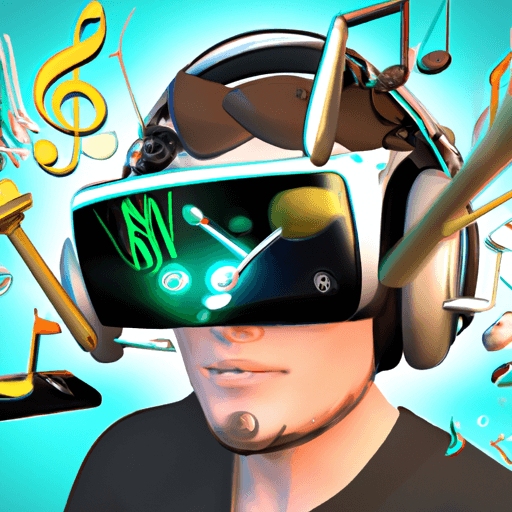The Growth, Advancement, and Influence of Virtual Reality Technology in the Entertainment Industry
Virtual Reality (VR) has emerged from its tech-enthusiast origins to become a significant force in the entertainment industry. Offering a fully immersive, interactive experience, VR has revolutionized entertainment, and is rapidly shaping how we consume and interact with content.
The History of Virtual Reality
The concept of virtual reality isn't new. It dates back to the 1800s with panoramic paintings and stereoscopic photos. However, the actual term 'Virtual Reality' was coined in the 1980s by Jaron Lanier, founder of VPL Research. The 1990s saw advancements in VR technology, but it wasn't until the 21st century that VR started gaining mainstream acceptance, thanks to technology companies like Oculus, Google, and Sony entering the fray.
Gradual Inclusion in Various Forms of Entertainment
Recently, VR has increasingly found its way into various entertainment sectors:
Video Games:
VR has regenerated the world of video gaming, providing a fully immersive experience. Notable VR platforms such as the Oculus Rift, Playstation VR, and HTC Vive are offering game enthusiasts unparalleled gaming experiences.
Movies and Music:
Platforms like Within and Jaunt VR transfer audiences into immersive cinematic worlds. Virtual reality concerts and music experiences are also growing in popularity, as they provide an opportunity for fans to experience live concerts remotely.
Sports:
Virtual reality offers fans the ability to watch games from the athlete's perspective, making it a game-changer in broadcasting live sports.
Virtual Reality's Emerging Potential
As VR technology evolves rapidly, audiences can expect to see even more innovative uses, from interactive storytelling to virtual tourism.
Immersive Interactions Introducing a New Way of Consuming Entertainment
VR changes the consumer experience because it controls the stimuli in our environments. This immersion and interactivity make it a uniquely engaging medium for entertainment. For instance, VR games aren't merely played; they are physically experienced, making the player a part of the narrative.
The Future of Virtual Reality in Entertainment
The future of VR technology is promising and is expected to influence various aspects of entertainment. With VR’s ability to simulate real-life situations, we could expect more refined and realistic immersive experiences.
Conclusive Impact on Audiences, Creators, and the Industry
Virtual reality has profoundly influenced audiences, creators, and the entertainment industry. Audiences now crave immersive experiences that VR provides. Creators are exploring new ways to tell stories and engage with their audience. Meanwhile, the industry sees VR as a new frontier of entertainment, bringing unlimited possibilities to traditional forms of entertainment.


















Comments
Leave a Comment